While playing Blackjack game, players often face strategic decisions that can significantly impact their chances of winning money. Two such decisions are whether to take insurance and opt for even money when dealing with a natural blackjack. These choices can be pretty tempting, but are they truly worth it in the long run? It is essential to understand Blackjack Insurance if you want to prevent losing money.
Welcome to our comprehensive guide on two intriguing concepts in blackjack insurance and even money. This article will delve into the mechanics, risks, rewards, and mathematics behind these options.
What Does Blackjack Insurance Mean?
The Mechanics of Blackjack Insurance
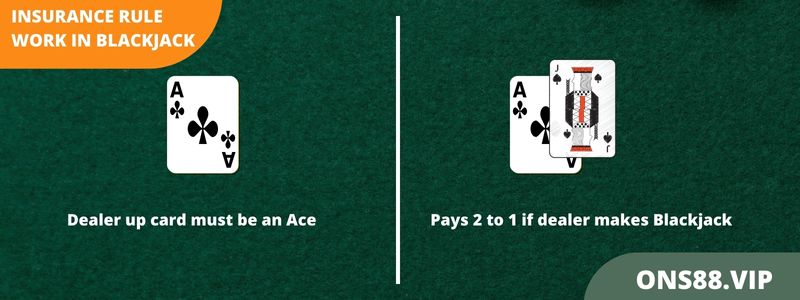
Blackjack insurance is a side bet that players can make when the dealer’s face-up card is an Ace. It is offered as a safeguard against the dealer having a natural blackjack (a hand totalling 21). Players can place an insurance bet, usually half of their original wager, to protect themselves against the possibility of losing the main bet. This is not possible to do when you are going through a blackjack double down play.
If a player accepts, they place their insurance wager. If the dealer has a natural blackjack, the player wins the insurance bet at a 2:1 payout, minimising losses on the main bet. However, if the dealer does not have a blackjack, the insurance bet is lost, and the game continues as usual.
When is Blackjack Insurance Offered?

Insurance is typically offered when the dealer’s face-up card is an Ace, giving them the possibility of a natural blackjack. This option becomes available before the dealer checks their face-down card for a blackjack. It’s important to note that insurance is an optional bet, and players are not obliged to take it.
The Risks and Rewards of Taking Insurance
Taking insurance involves the risk of losing the insurance bet, which adds to the player’s losses if the dealer does not have a blackjack. One potential reward of insurance is that it protects players from losing their entire wager when the dealer has a natural blackjack.
But, taking insurance deviates from the basic strategy recommended for blackjack players. It’s essential to understand how insurance affects overall gameplay and the long-term profitability of the player. The casino typically pays out insurance at 2 to 1, while the odds against the dealer having a blackjack are generally higher. This discrepancy contributes to the house edge. For card counters, insurance can be a significant factor in their strategy. However, consistently taking insurance with large bets while avoiding it with small bets may raise suspicion and attract casino attention.
The Mathematics Behind Blackjack Insurance
The math behind blackjack insurance is straightforward. There are 13 types of cards, and four of them are 10-value cards that can give the dealer blackjack. This means the odds are 9/4 against winning the bet. The casino typically pays out at 2 to 1, resulting in a house edge of nearly 6 per cent. It’s important to note that the house advantage depends on the number of 10s dealt from the blackjack deck.
Insurance is the most significant deviation from the basic strategy for card counters. If a card counter consistently takes insurance with large bets and never with small ones, it raises suspicion and may prompt casino surveillance to intervene. When you have been dealt two 10-value cards, it means there are two fewer 10 cards remaining in the deck that could give the dealer a blackjack. In this situation, taking insurance becomes even less advisable.
Common Misconceptions About Blackjack Insurance

There are several common misconceptions surrounding blackjack insurance. One prevalent belief is that taking insurance can minimise losses. However, the mathematics behind insurance suggests otherwise. The insurance bet has a high house edge, making it a risky move that can lead to increased losses over time.
Insurance is offered when the dealer’s up card is an Ace, allowing players to make a side bet on whether the dealer has a blackjack. However, the odds of the dealer having a blackjack are relatively low, making the insurance bet generally unfavourable in terms of expected value. When considering insurance, weighing the potential risks and rewards is essential. While insurance may offer a payout if the dealer has a blackjack, the odds are generally not favourable, and the long-term impact on profitability is negative. It is typically more prudent to focus on playing solid basic strategy and making decisions that optimise the player’s chances of winning without relying on insurance.
Even Money – A Closer Look
How Does Even Money Work?

Apart from insurance, even money is another option available to players when the dealer has an Ace, and the player has a blackjack. Even money is essentially an offer to “cash out” on a guaranteed win, accepting a 1:1 payout immediately instead of risking a tie if the dealer also has a blackjack.
When a player is offered even money, they can accept or decline it. If they accept, they are paid out immediately at a 1:1 ratio, regardless of whether the dealer has a blackjack. By accepting even money, players ensure a guaranteed win without risking the possibility of a tie.
Situations When Even Money is Offered
Even money is typically offered when the player has a blackjack, and the dealer’s face-up card is an Ace. Casinos provide this option to players to minimise their potential losses in case the dealer also has a blackjack.
Pros:
- Guaranteed win without the risk of a tie
Cons:
- Reduce payout compared to the standard 3:2 payout
- Lower expected value and profitability
- More favourable for the house
- Deviation from basic blackjack strategy
The House Edge: A Key Factor
Understanding the Concept of House Edge
The house edge, including blackjack, is crucial in any casino game. It represents the statistical advantage the casino holds over the players. In blackjack, the house edge is influenced by various factors, including the blackjack game rules, the number of decks used, and the players’ strategy.
House Edge about Insurance and Even Money
Insurance and money options are designed to give the house an edge. The odds do not favour the players when taking these side bets. The house edge for insurance and even money is relatively high compared to the standard blackjack game, making them less favourable choices for players in the long run.
How Does the House Edge Influences Decision Making in Blackjack?
Understanding the house edge is essential for making informed decisions in blackjack. By being aware of the odds and probabilities, players can adjust their strategies accordingly, making choices that optimise their chances of winning in the long term.
Conclusion: Don’t Place an Insurance Side Bet
Malaysian blackjack players need to be well-informed about blackjack insurance and even money. By understanding these concepts and the influence of the house edge, players can make more informed decisions that align with their desired outcomes. Remember, making strategic choices and focusing on basic blackjack strategies will increase your chances of success on the tables. You may try playing blackjack splitting instead of getting the insurance.
Key Takeaways
After examining the mechanics, risks, and rewards, it can be said that Blackjack insurance and even money are not favourable side bets. The house edge significantly reduces the expected value of these bets, making them less attractive in the long run.
Revisiting the Initial Question: Are Blackjack Insurance and Even Money Worth It?
It is advisable for players to avoid placing insurance side bets and declining even money offers. While they may provide temporary relief or guarantees, the odds are stacked against players, diminishing their chances of long-term success.
FAQs about Blackjack Insurance
1. Why is Blackjack Insurance Considered a Bad Bet?
Blackjack insurance is considered a bad bet due to its high house edge. The odds are unfavourable for players, resulting in a negative expected value over time.
2. In What Circumstances Should I Take Even Money in Blackjack?
Taking even money in blackjack is a personal choice. It guarantees a win but reduces the potential payout compared to the standard 3:2 ratio for a blackjack. Players who prioritise guaranteed wins may choose to accept even money.
3. How Can Understanding House Edge Improve My Blackjack Strategy?
Understanding the house edge helps players make informed decisions in blackjack. By recognising the casino’s statistical advantage, players can adjust their strategies to minimise losses and maximise their chances of winning.
4. Is There a Foolproof Strategy for Blackjack Insurance and Even Money?
There is no foolproof strategy for blackjack insurance and even money. Due to their high house edge, these options are inherently disadvantageous for players. It is best to focus on basic blackjack strategy to improve your chances of winning.
5. How Do I Weigh the Risks and Rewards of Insurance and Even Money in Blackjack?
Consider the mathematics and probabilities involved to weigh the risks and rewards of insurance and even money. Understand that these options have a higher house edge and negative expected value, making them less favourable choices for players in the long run.
- Episode 8: Roulette Fibonacci Betting System - July 5, 2023
- Episode 8: Baccarat System – Understanding Different Strategies and Approaches - July 5, 2023
- Episode 8: Top 10 Blackjack Tips For Big Winning - July 5, 2023
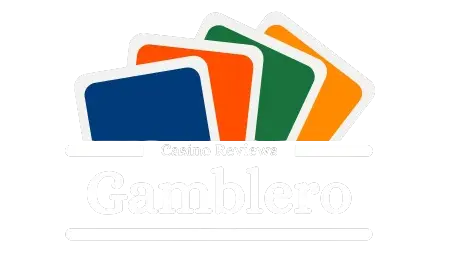





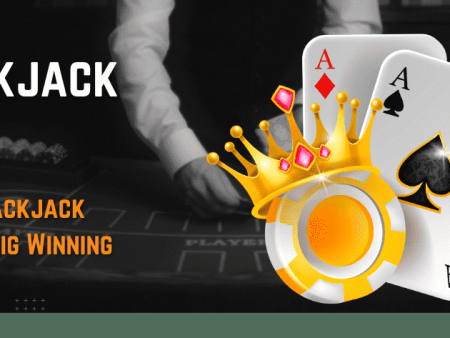
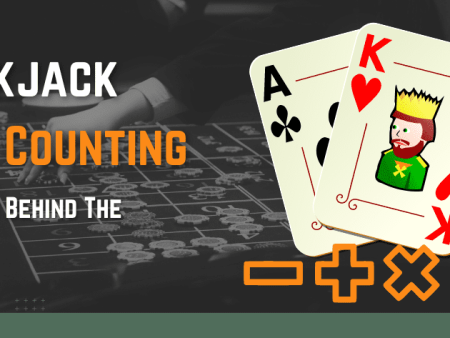
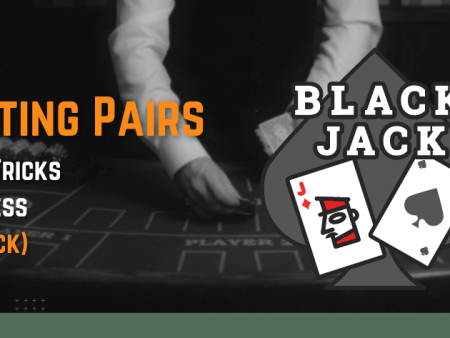
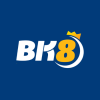



![Promotion BK8_[GIF]_EN_CN_MY_SG_250x250](https://gamblero.co/wp-content/uploads/2023/09/BK8_GIF_EN_CN_MY_SG_250x250.gif)

